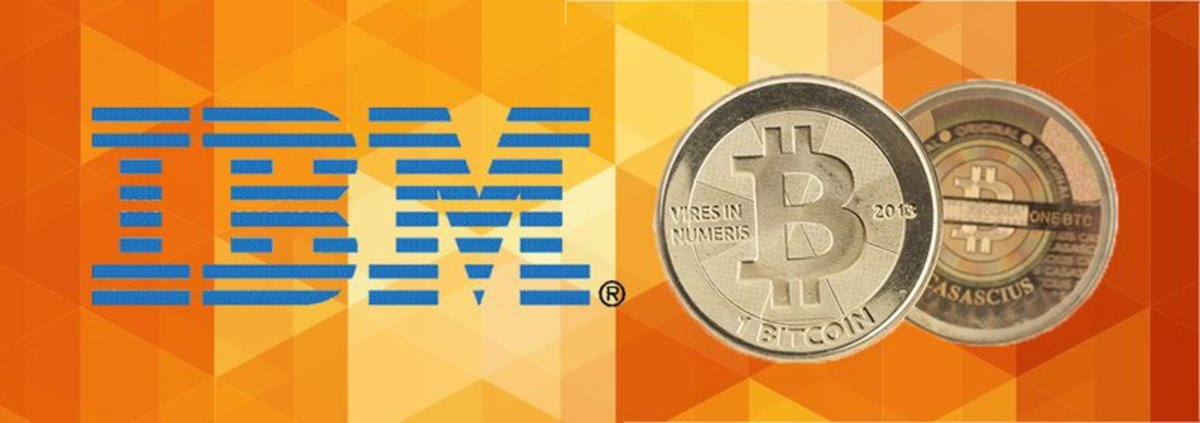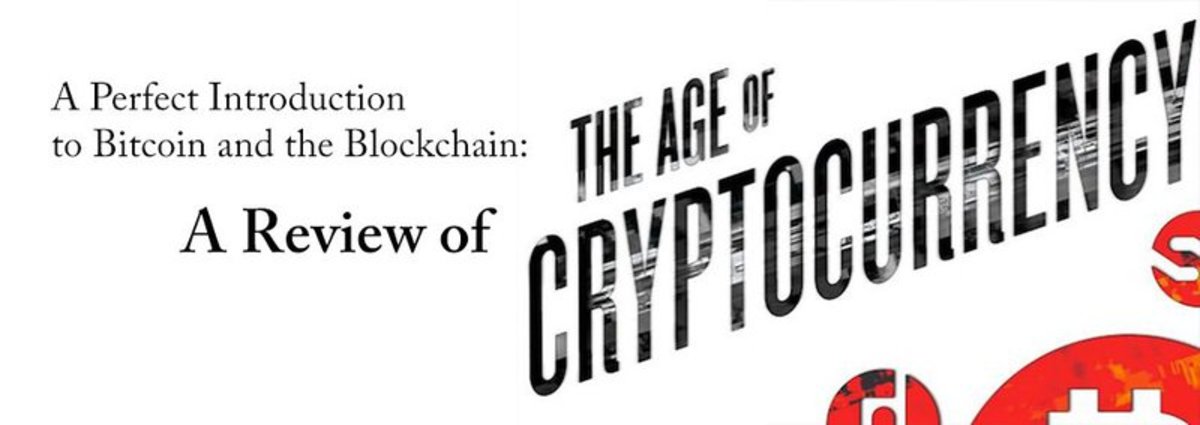
IBM is considering adopting the blockchain technology behind Bitcoin to create a digital cash and payment system for major currencies, Reutersreports.
The rumor is attributed to “a person familiar with the matter.” So far, official media representatives at IBM and other possibly involved parties, such as the U.S. Federal Reserve, did not respond to Reuters emails about the story.
“It’s sort of a Bitcoin but without the bitcoin,” the unnamed source said. “These coins will be part of the money supply. It’s the same money, just not a dollar bill with a serial number on it, but a token that sits on this blockchain. We are at a tipping point right now. It’s making a lot more sense for some type of digital cash in the system, that not only saves our government money, but also is a lot more convenient and secure for individuals to use.”
Unlike Bitcoin, where the network is decentralized and there is no overseer, IBMCoin would be controlled by central banks and linked to users’ bank accounts, using wallet software that integrates the banking system with IBMCoin. The unnamed source said that IBM has been talking with a number of central banks, including the Federal Reserve. If central banks approve the concept, IBM will build the secure and scalable infrastructure for the project.
IBM has been doing research on blockchain technology for some time – at CES 2015 it unveiled ADEPT, a system developed in partnership with Samsung that leverages elements of Bitcoin technology to coordinate a decentralized Internet of Things.
If the IBMCoin rumors are true, IBM has chosen the right moment to ride the wave of enthusiasm for Bitcoin fintech in the mainstream financial establishment. From the point of view of states and central banks, the value of Bitcoin lies in its ability to implement cheaper and faster transactions, permanently recorded in a distributed, tamper-proof public ledger.
“We don’t think of bitcoin as being a store of value or an alternative currency or an investment,” said former JP Morgan superstar Blythe Masters, now CEO of digital economy startup Digital Asset Holdings. “We think of it as a medium for exchange and a mechanism for recording information.”
Governments also are warming up to the digital economy, with rumors of “Fedcoin” in the United States and some kind of “Eurocoin” in Europe, especially in financially troubled economies such as Greece’s. In a recent research paper titled “One Bank Research Agenda,” the Bank of England said that Bitcoin could reshape the financial industry and called for further research to devise a system that could use distributed ledger technology without compromising a central bank’s ability to control its currency.
If IBM becomes the preferred partner of governments for next-generation fintech based on blockchain technology, the payoff might be huge. It’s worth noting again that this is not an official announcement, but an unconfirmed rumor.
Speculating on the possible identity of the IBM source, a participant in a Reddit discussion thread suggests that he might be Richard Gendal Brown, Executive Architect for Banking Innovation at IBM UK. Brown edits a personal blog on the future of finance and recently posted several articles highly relevant to the IBMCoin space.
Commenting on the Bank of England research paper, he recently noted that “[T]he identity of the issuer really matters. And this is where I think a central bank digital currency could make sense on a distributed ledger.”
Images via “ulifunke.com / bitcoin.de“, Freepik










